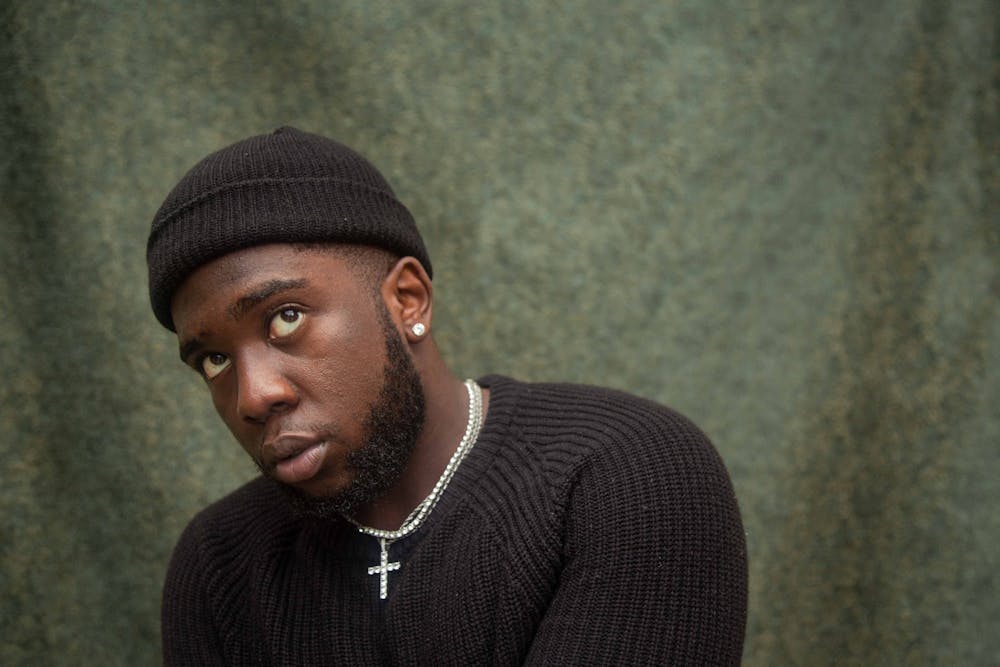Black creatives at UNC navigate being vulnerable in self-expression and self-realization, as many are susceptible to imposter syndrome – especially when they already feel that they don’t have a seat at the table.
Imposter syndrome happens when an individual minimizes their own achievements and doubts their skills. People of color are especially vulnerable to imposter syndrome and feel it at higher rates. Producing art while dealing with imposter syndrome can be daunting. These Black creatives shared how they are affected by it and how they work to overcome it.
A gifted musician
Paapa Berko, a senior studying exercise and sports science and music, fondly remembers hearing his hit song, "Lavi$h," on the radio for the first time.
“My first reaction was pure excitement, but I was also focused because at the end of the day, we know that the job is not finished and there is more to be done,” he said.
Berko was captivated by music at an early age, singing in church, and he started making music during his senior year of high school. As a trained singer and musician, he’s never doubted his musical ability – but he has doubted the reception of his work.
“The one area I doubt myself at times is really the support. Starting out as a new artist, it’s hard because people really want to focus their energy on mainstream people,” Berko said. “No one really would support someone who is starting out until they blow up or get to that mainstream level.”
Berko’s music has been streamed through Spotify and Apple Music and played on radio stations across the country. Berko, whose stage name is Berchie, said that he no longer subscribes to imposter syndrome because he has seen the fruits of his own labor.
“I thought I wouldn’t be as lucrative or as effective but after that first year, I was really able to grow and advance,” he said. “I don’t have imposter’s syndrome because I know I belong. I'm not saying that to be cocky, but out of confidence in my abilities that God has blessed me with.”



